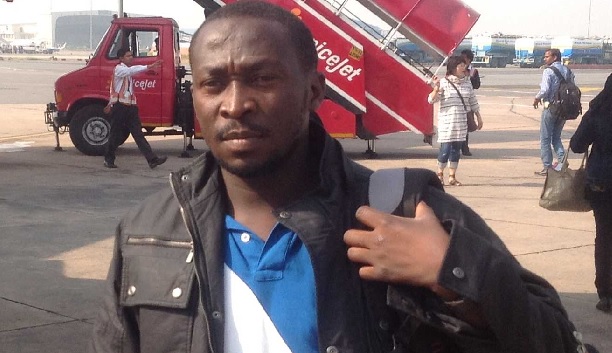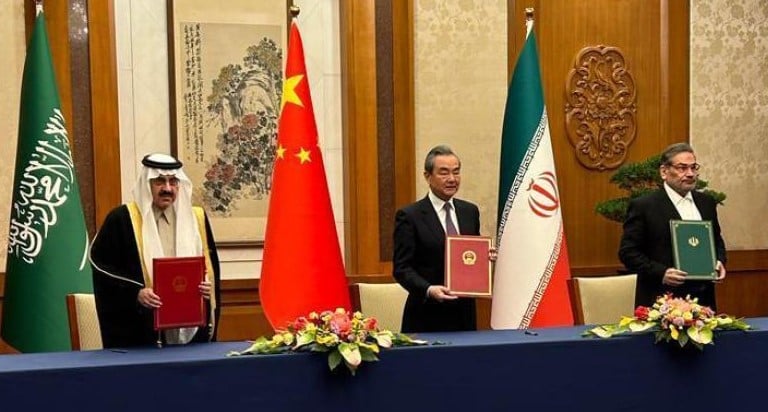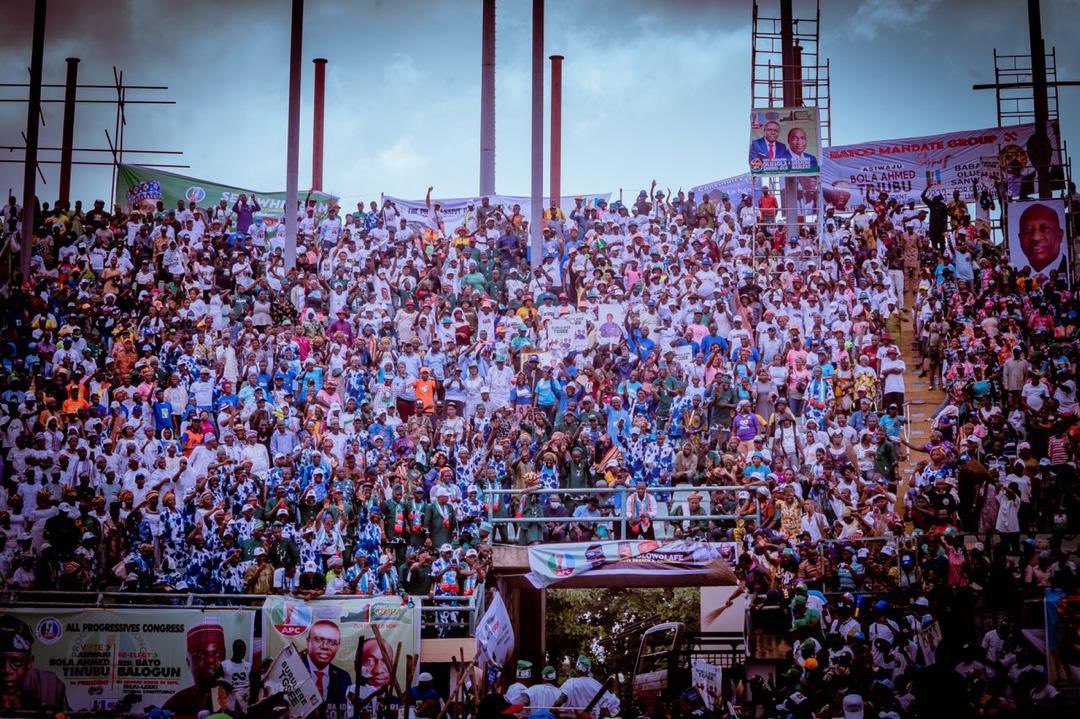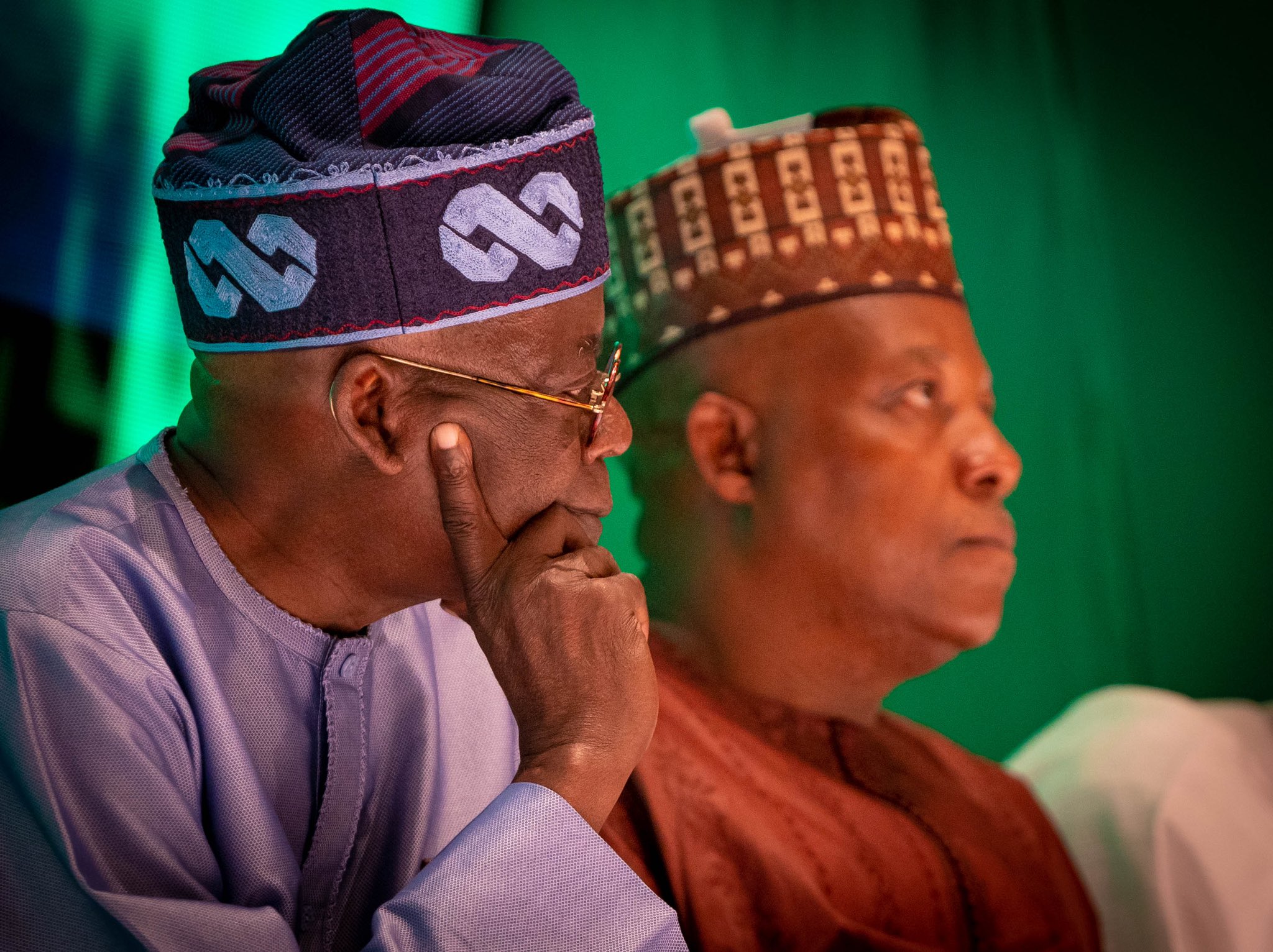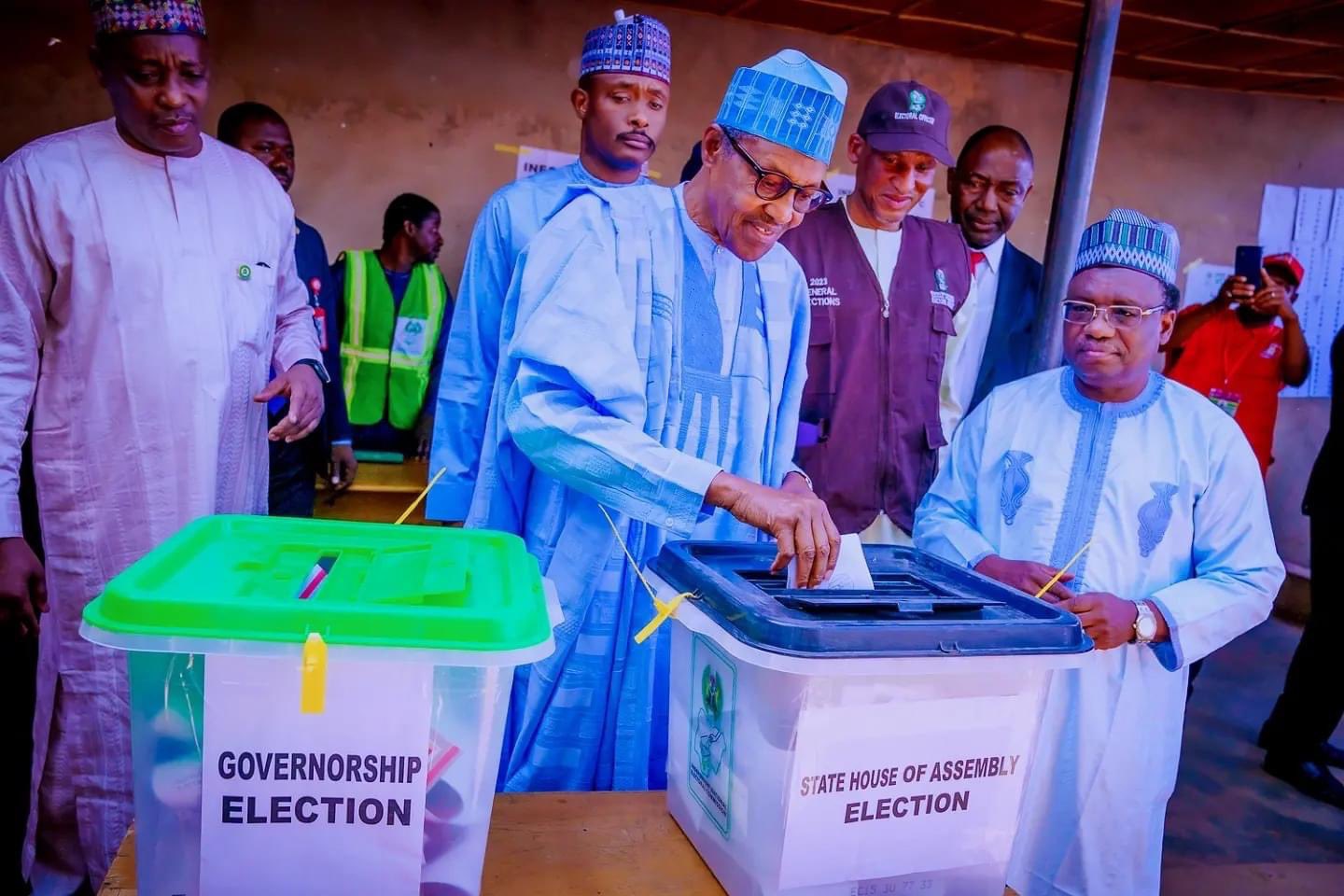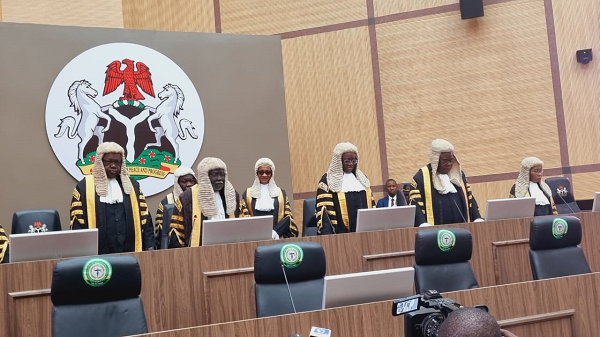I used to think the life of a fugitive was exclusive to criminals. I didn’t know someone like me, who has never been on the wrong side of the law and has put in so much effort in the service of others, would have to live a life of fear where I look over my shoulder, day in and day out.
On March 15, 2023, I sneaked into my hometown, Biu, in Borno state, after over a decade of being declared persona non grata by some rogue youths. According to them, I was critical of some of my kinsmen who held public office then.
The last time I was home was in 2012.
I have witnessed overwhelming moments like on March 15 very few times. There are no words to describe what this day means to me.
Advertisement
I have not visited my home where I grew up or where my roots are, for the past 11 years and six months. Not because I have not missed the place so terribly in this long time, but because a few people who didn’t like my journalism, my speaking truth to power, made it a point to threaten my life if I ever visited. The journalism that I did so well, so courageously, and so outstandingly. Journalism has attracted neither an indictment nor a criminal charge or conviction. Yet some people have treated me like a criminal and threatened that I could not go home.
But today, I dared them and went to Biu, going against all advice. I went to see my ailing father.
I am grateful to Habu, my friend and brother, who encouraged me. I saw my dad, who could no longer recognise me or who I was, who no longer knew the difference between 11 years ago when I was last home, or two years ago, and yesterday. All of time has become a blur. But I saw a smile on his face. I am sure his subconscious mind told him that this man who was hugging him and greeting him was someone who was supposed to be dear to him.
Advertisement
The last time I was home was in 2012. I had driven in my Honda Accord from Abuja. I took my mother, who was sick, to the University of Maiduguri Teaching Hospital. I stayed with her and nursed her for 10 days and when she got better, I drove her back home to Biu. I took her to her room. It was 4:30 pm in the evening, and she wanted me to spend the night, but I insisted on returning to Abuja. So I drove back to Abuja and arrived at 1 a.m.
Eleven years later, I stood in the room where I parted ways with her that day, and it was as though I could still hear her voice, begging me to spend the night even as I insisted on leaving. I never went back till she became sick and passed on. And even then, I could not return to bury her because I was being threatened. The mob even went to the funeral gathering to ask if my brother, who looks like me, was, in fact, me. And when they realised that I was not the one, they left.
That was when I appreciated the gravity of the threats.
I was home for three hours. After a long drive from Abuja, at about 5 pm, I left Biu, driving back just as I did 11 years ago. The only difference, this time, I stopped over in Gombe for the night because of insecurity.
Advertisement
Why would society treat harmless people like this? Why can’t I go home? Why can’t my kids go home and see where their father grew up? And do so freely, with no fear.
I am grateful to my older brother, who sacrificed everything to stay home and take care of Baba: bathing him, changing him, and doing the same things Baba used to do for us when we were toddlers. I wish I had that privilege that only my brother enjoys today. I don’t, because society doesn’t recognise the sacrifices people like me have made for this country. For peace.
By the way, my dad is living with dementia, and for someone in his late 80s, it gets more challenging by the day for him and his caregivers. The fact that your dad can’t recognise and remember even the name he gave you at your naming ceremony can be traumatic. This man was once full of life, and as one of the bodyguards of General Yakubu Gowon in the 70s, he had so much intuitiveness that made him do his job very well. Today, all that has gone. He had become the baby that we were once when he took care of us.
Family is everything, and when you are denied the right to be with your family and support them as best as you can, it can be devastating. Even the actual terrorists we all fight against are treated better, granted amnesty, and allowed to roam around freely.
Advertisement
I can travel far and wide. I can travel to Europe, Maiduguri, my state capital, and anywhere I want, within and outside Abuja. But I am not free in my hometown because there are people who feel that I was critical of those who held leadership positions and who used their office to develop the community of which I am a part. Because of that, I am being punished, and the law is broken, unable to guarantee safety for law-abiding citizens.
Salkida is CEO of HumAngle Media based in Abuja
Advertisement
Views expressed by contributors are strictly personal and not of TheCable.
Add a comment

